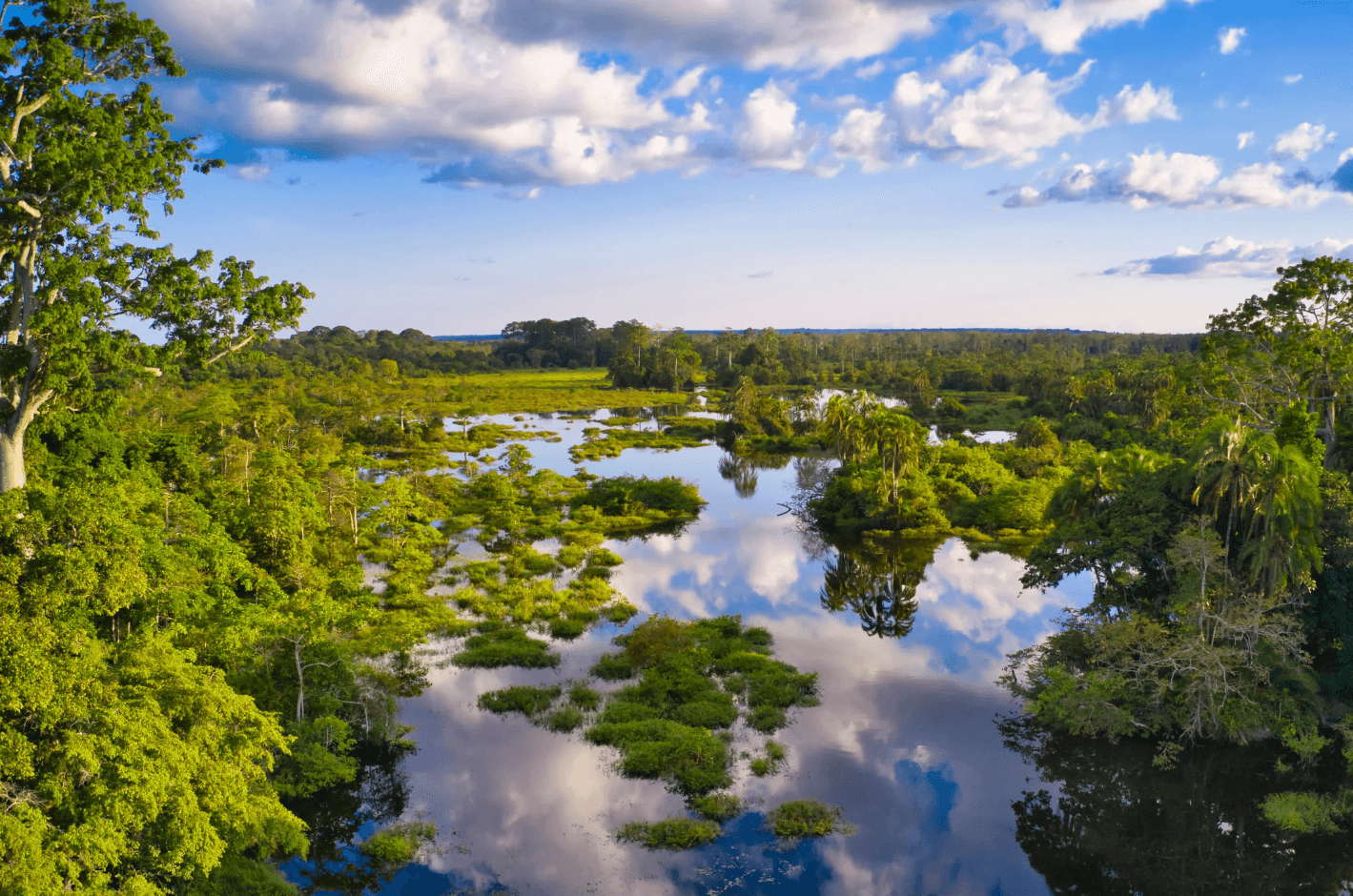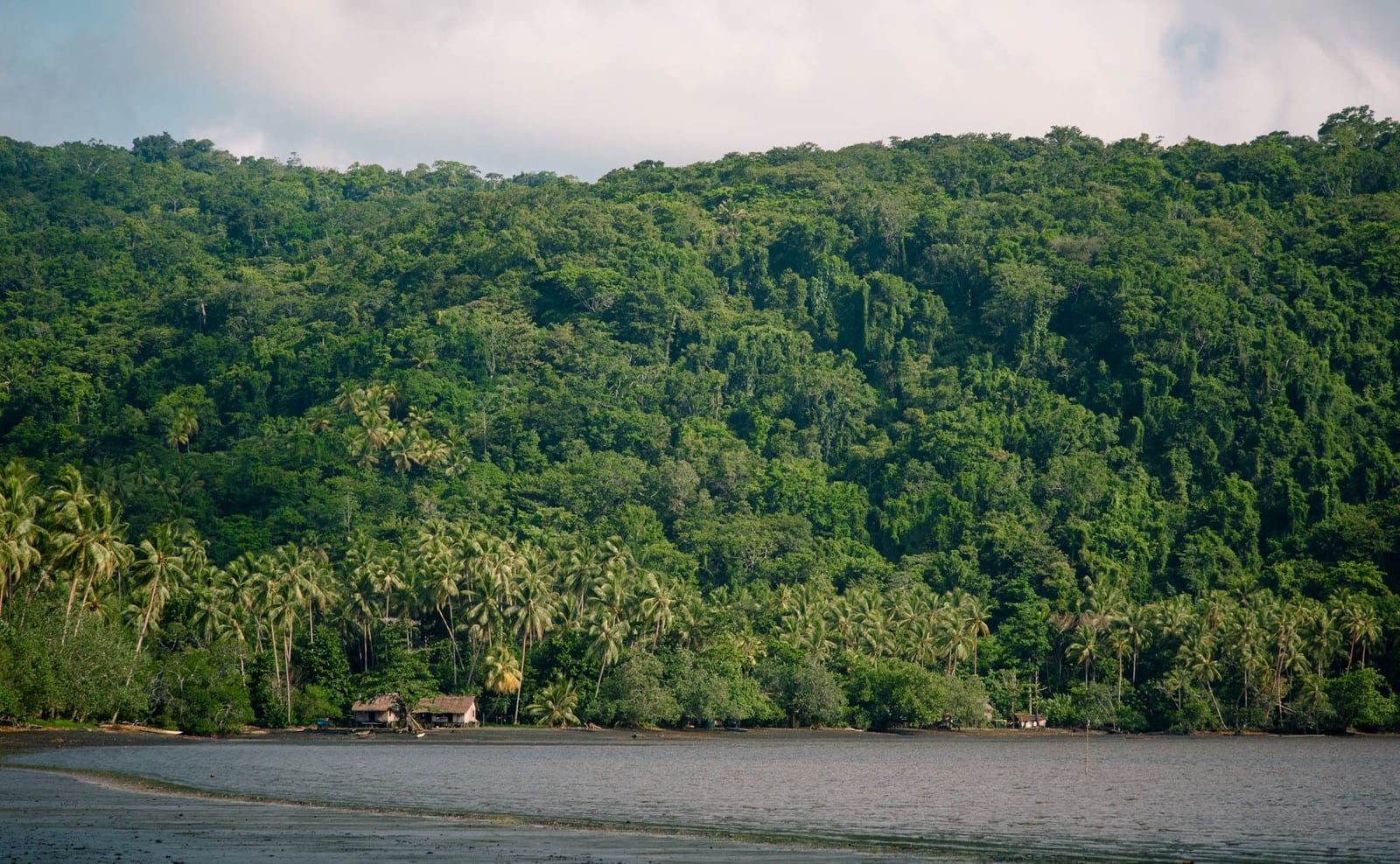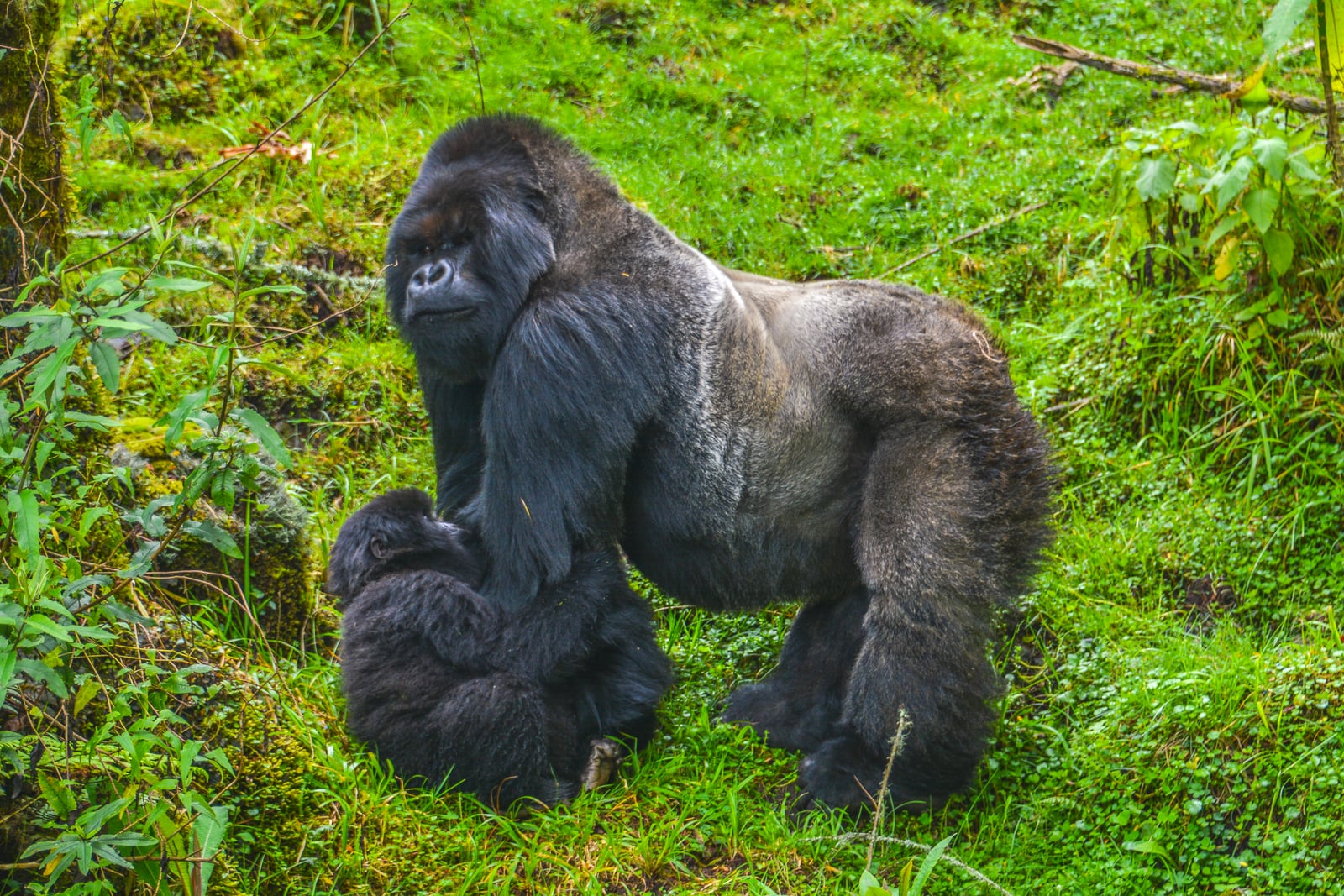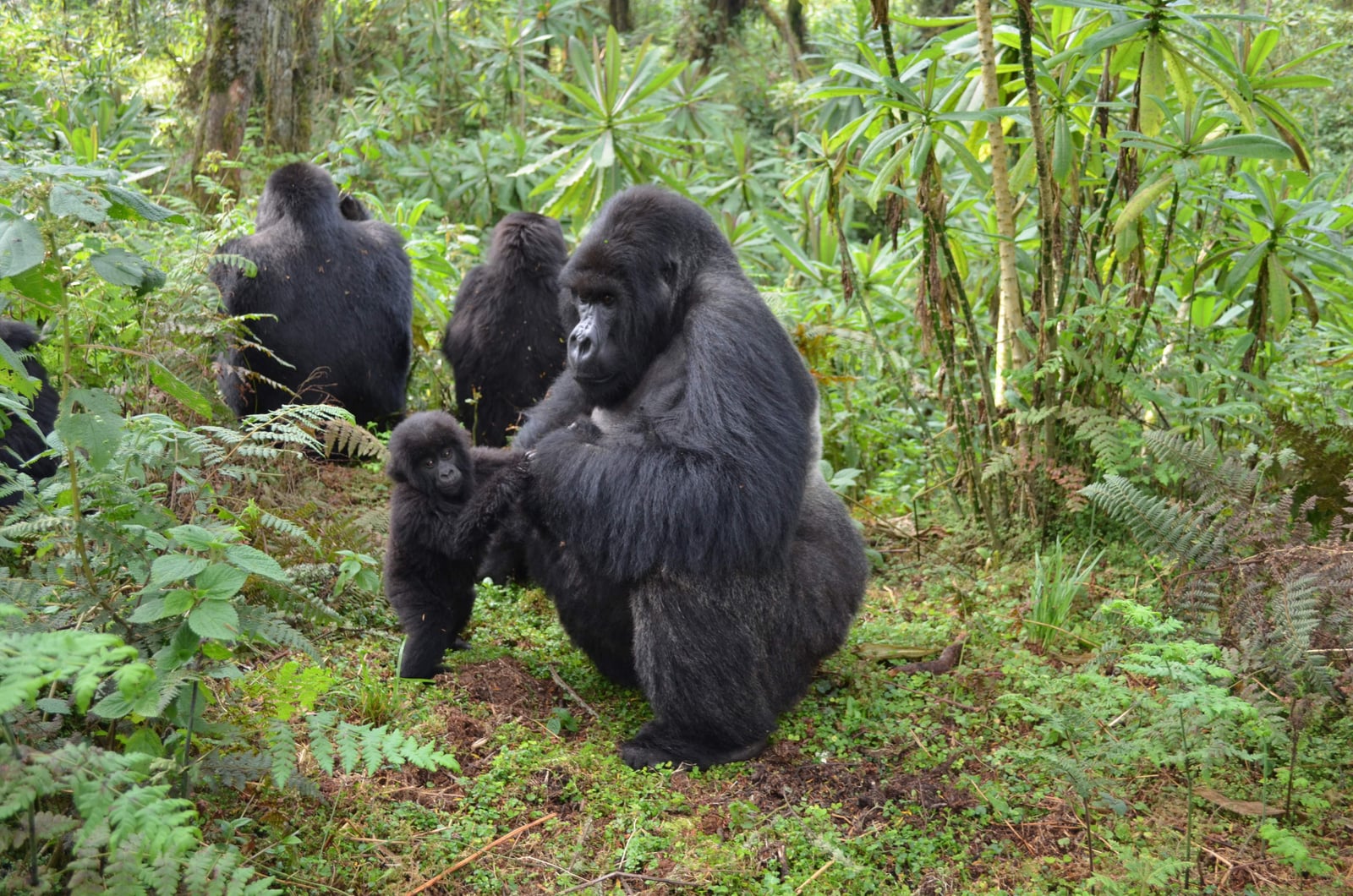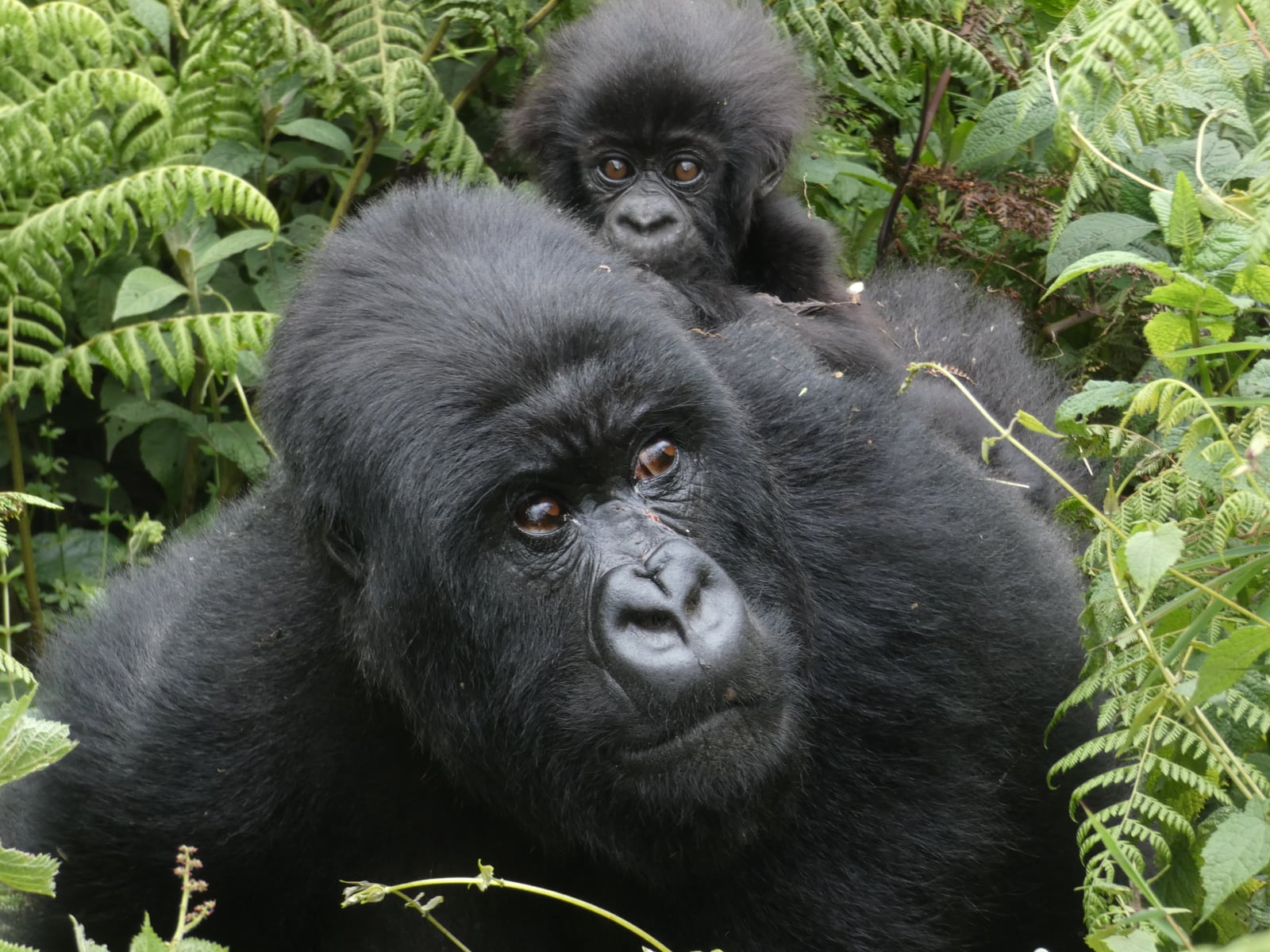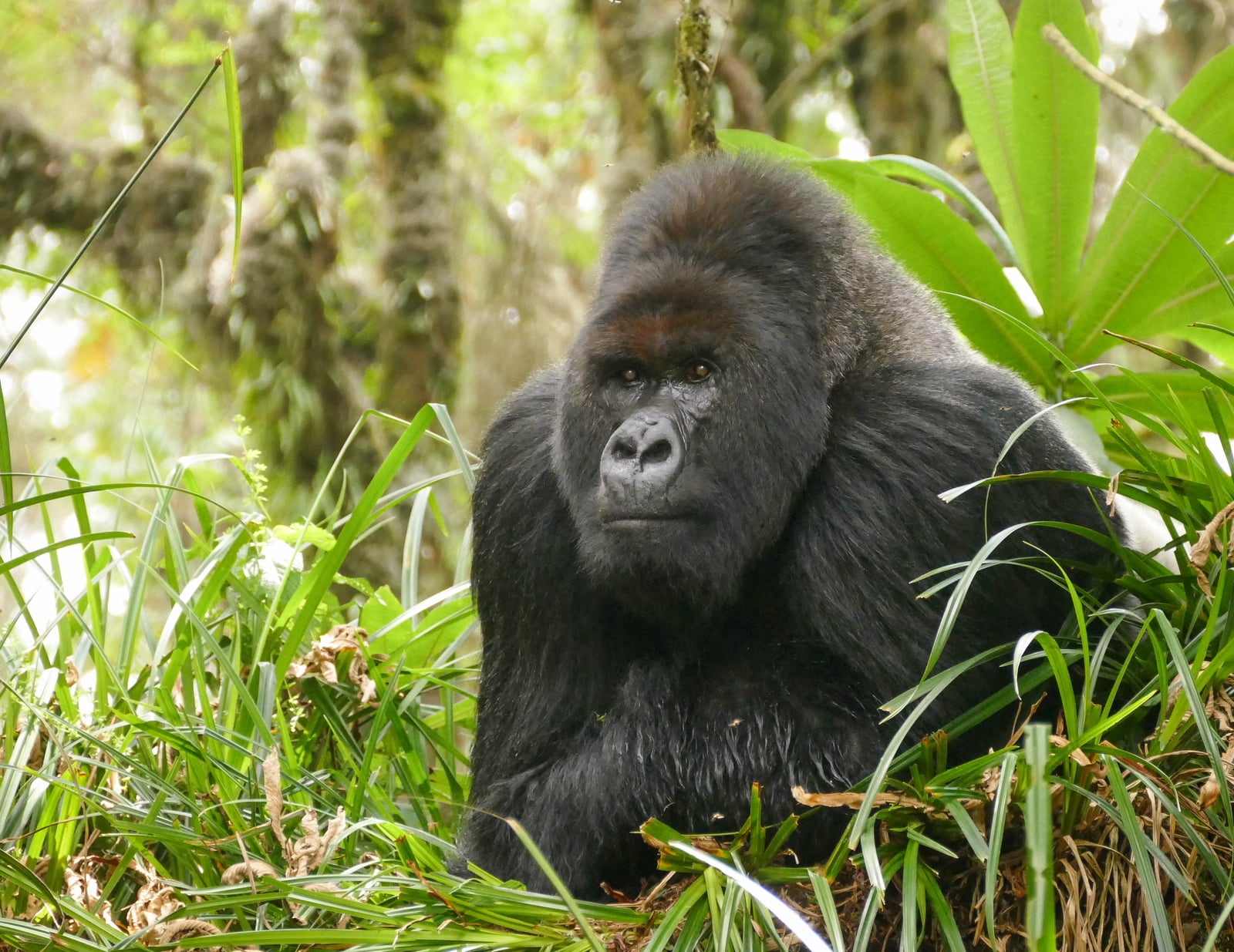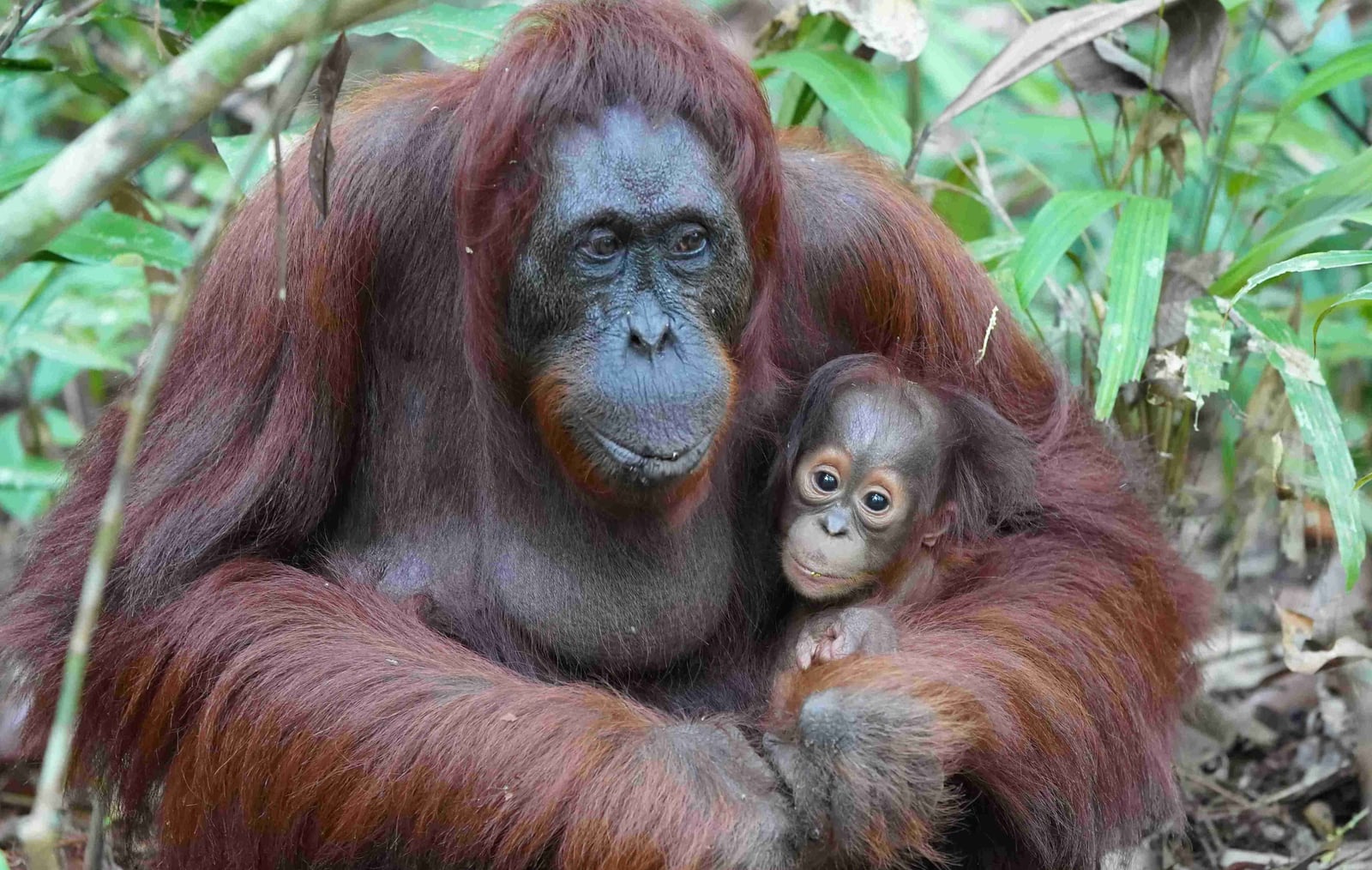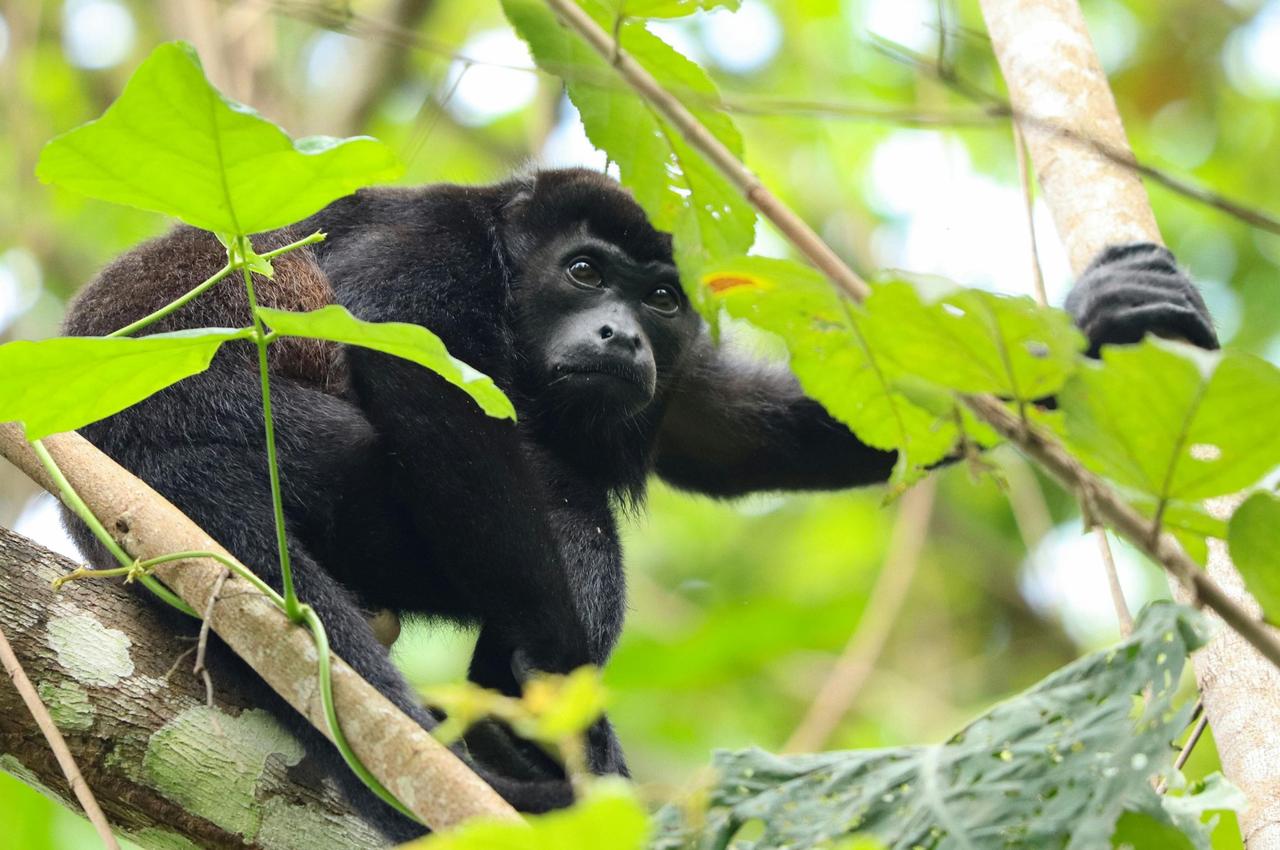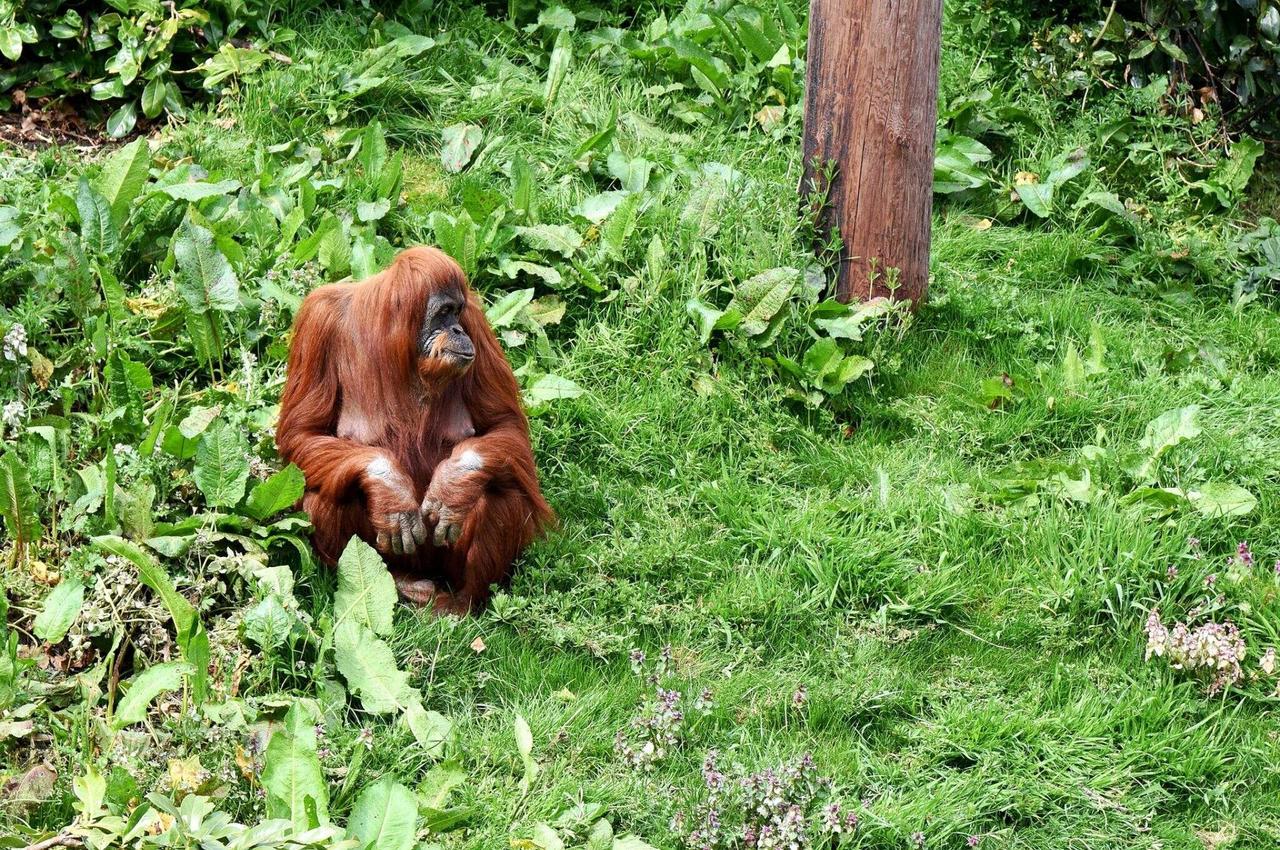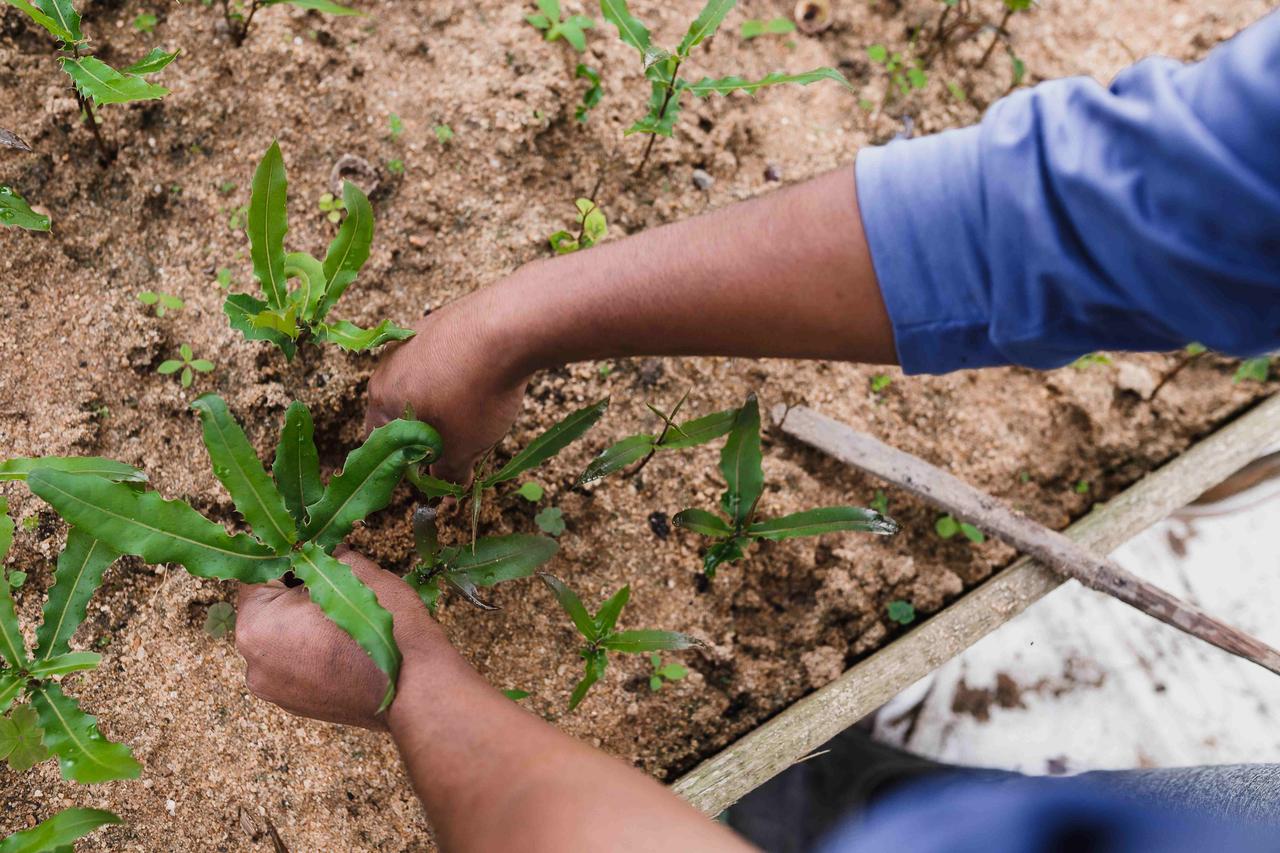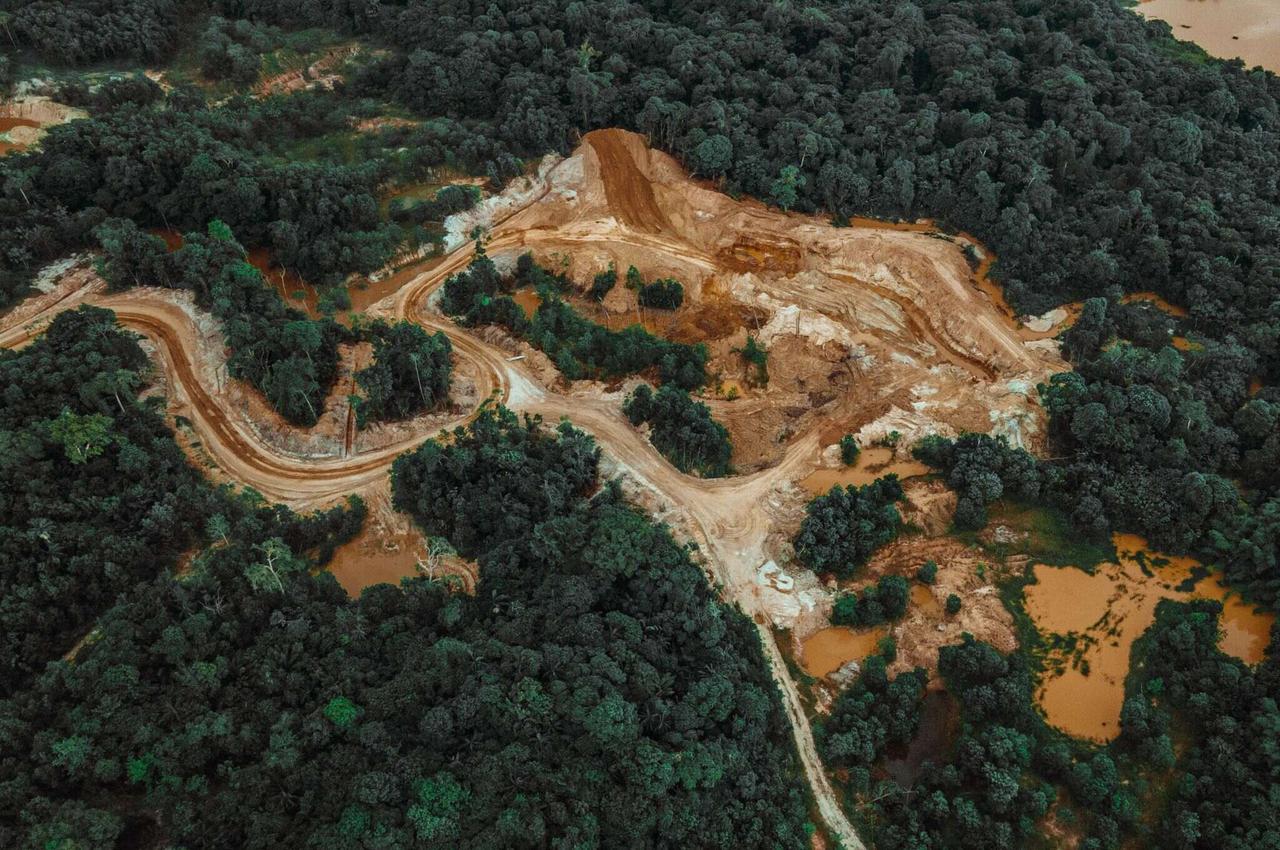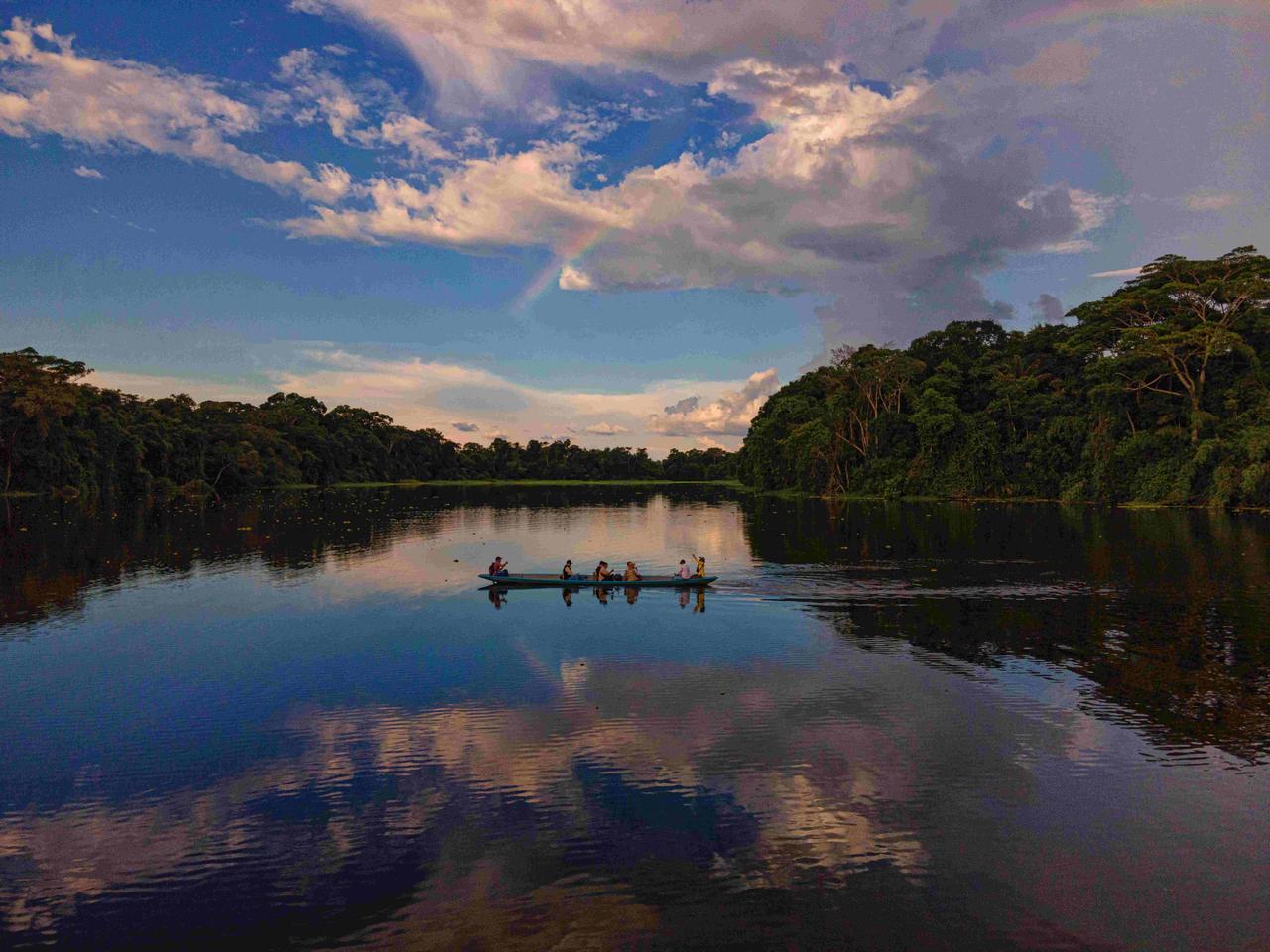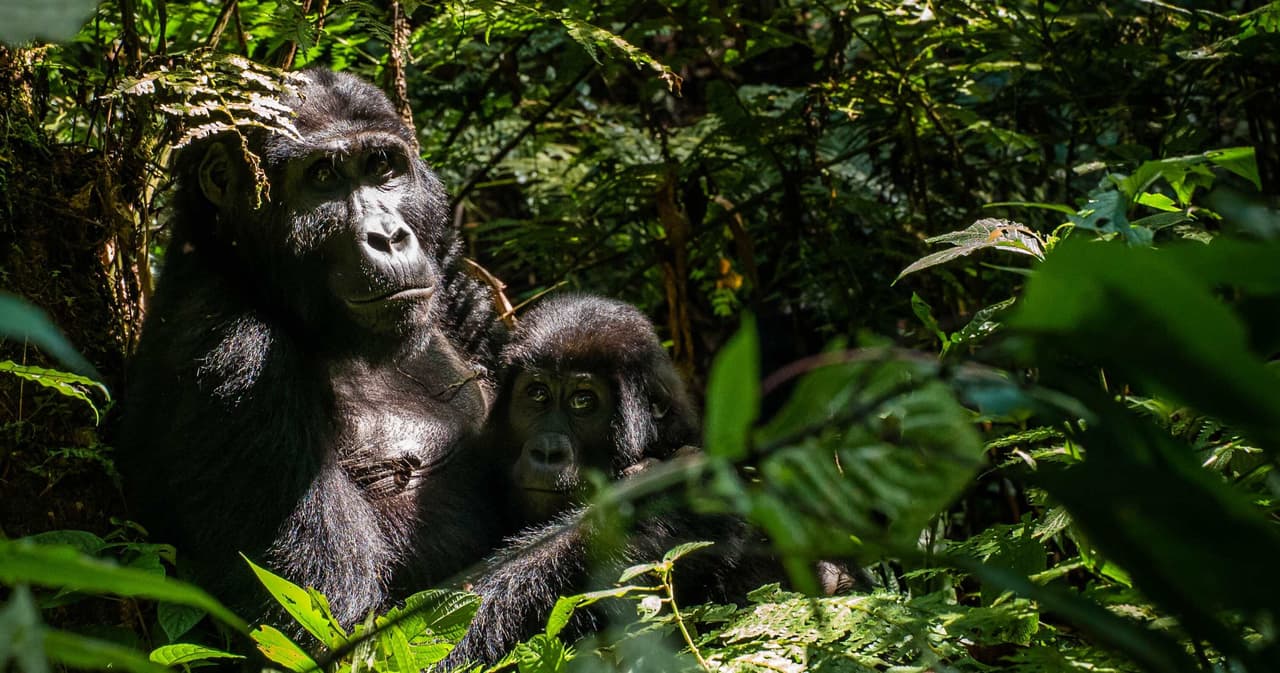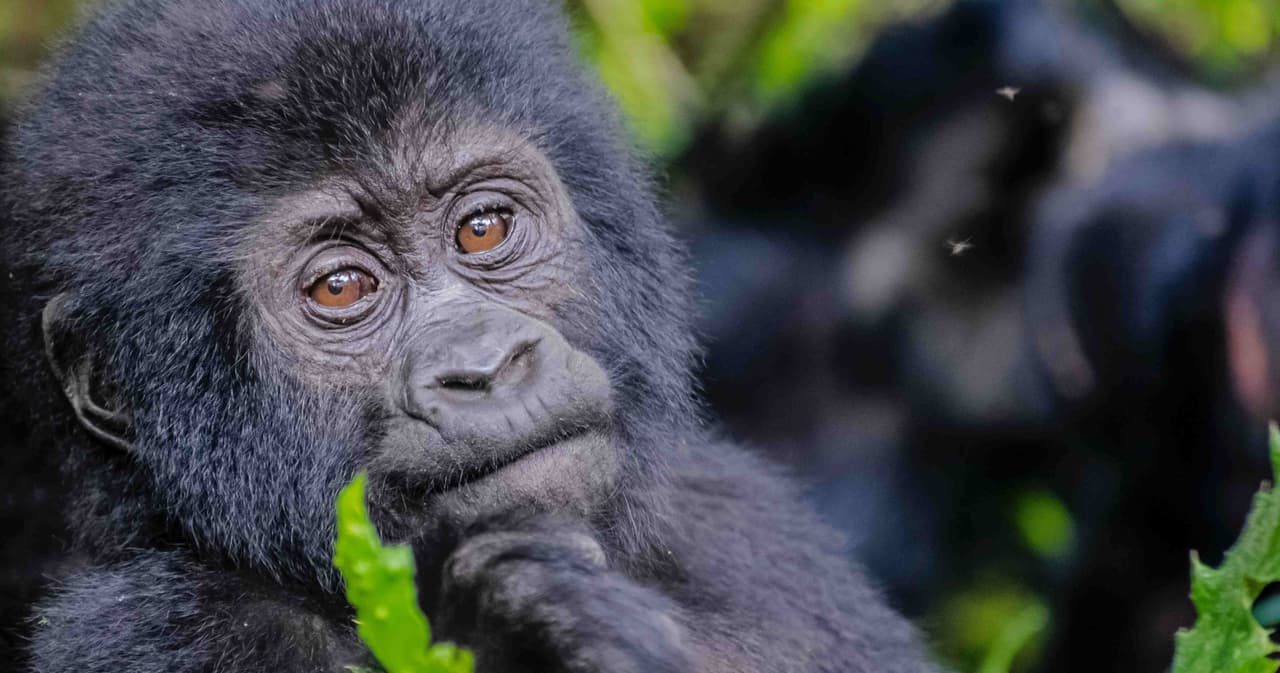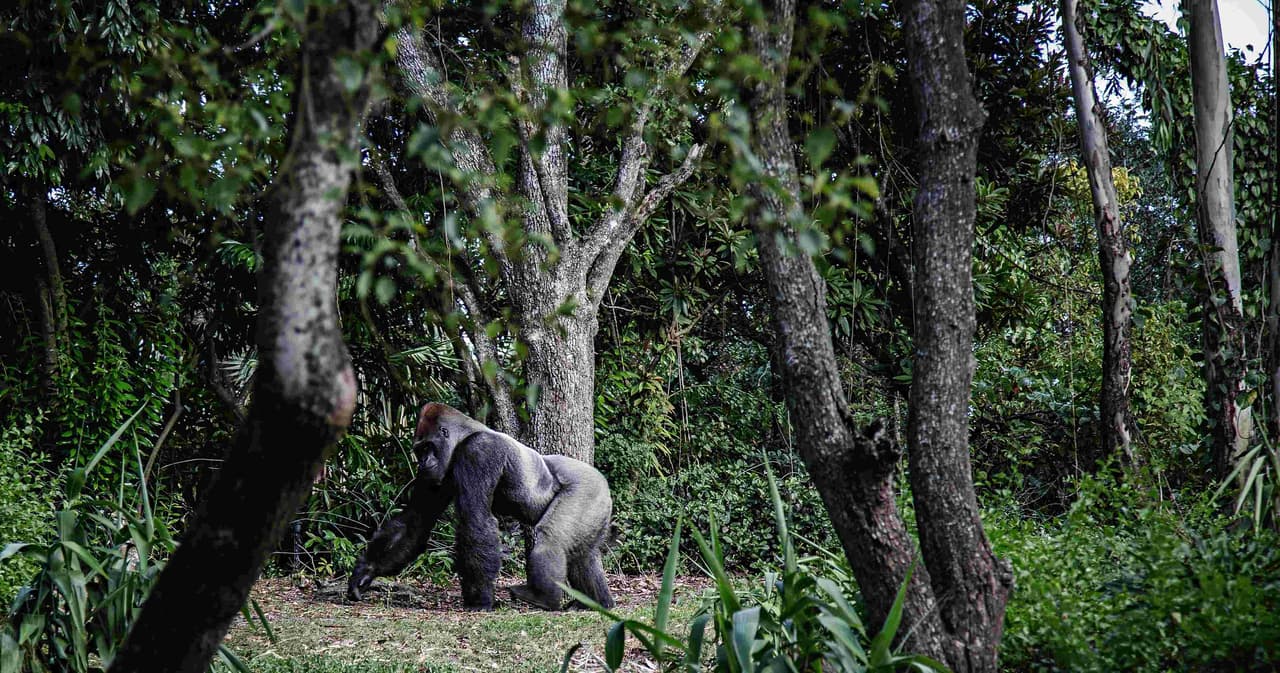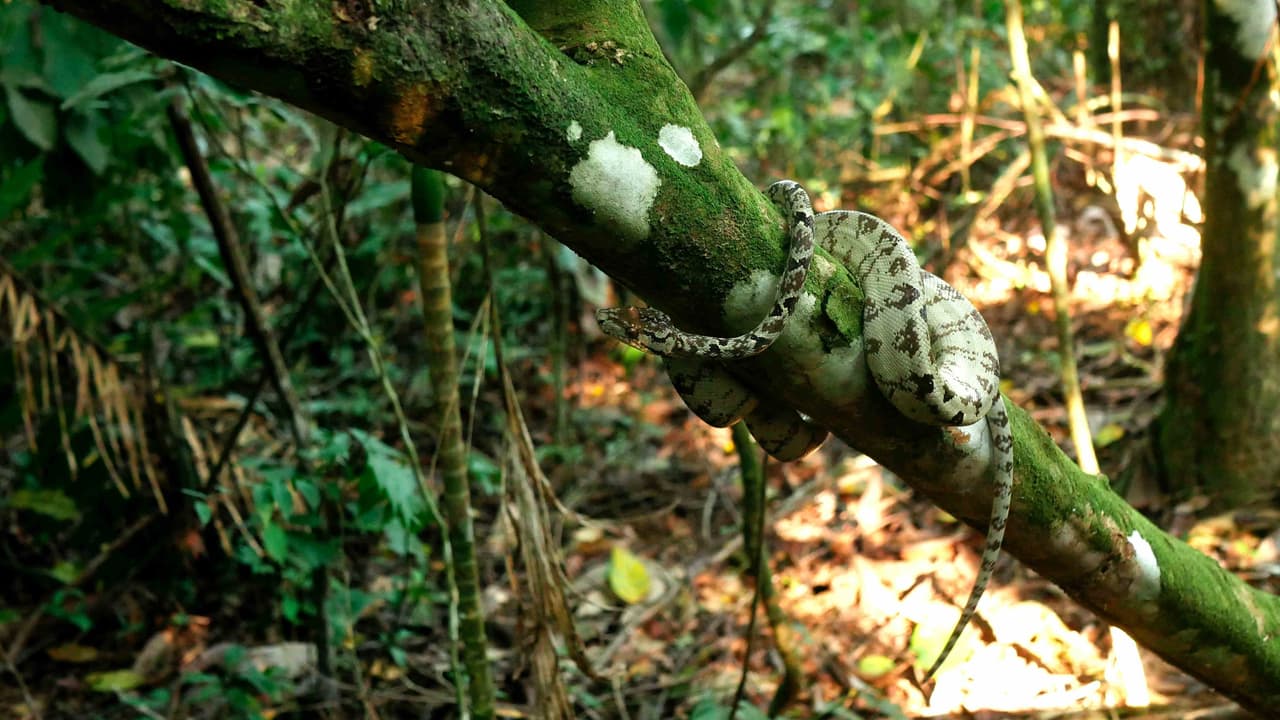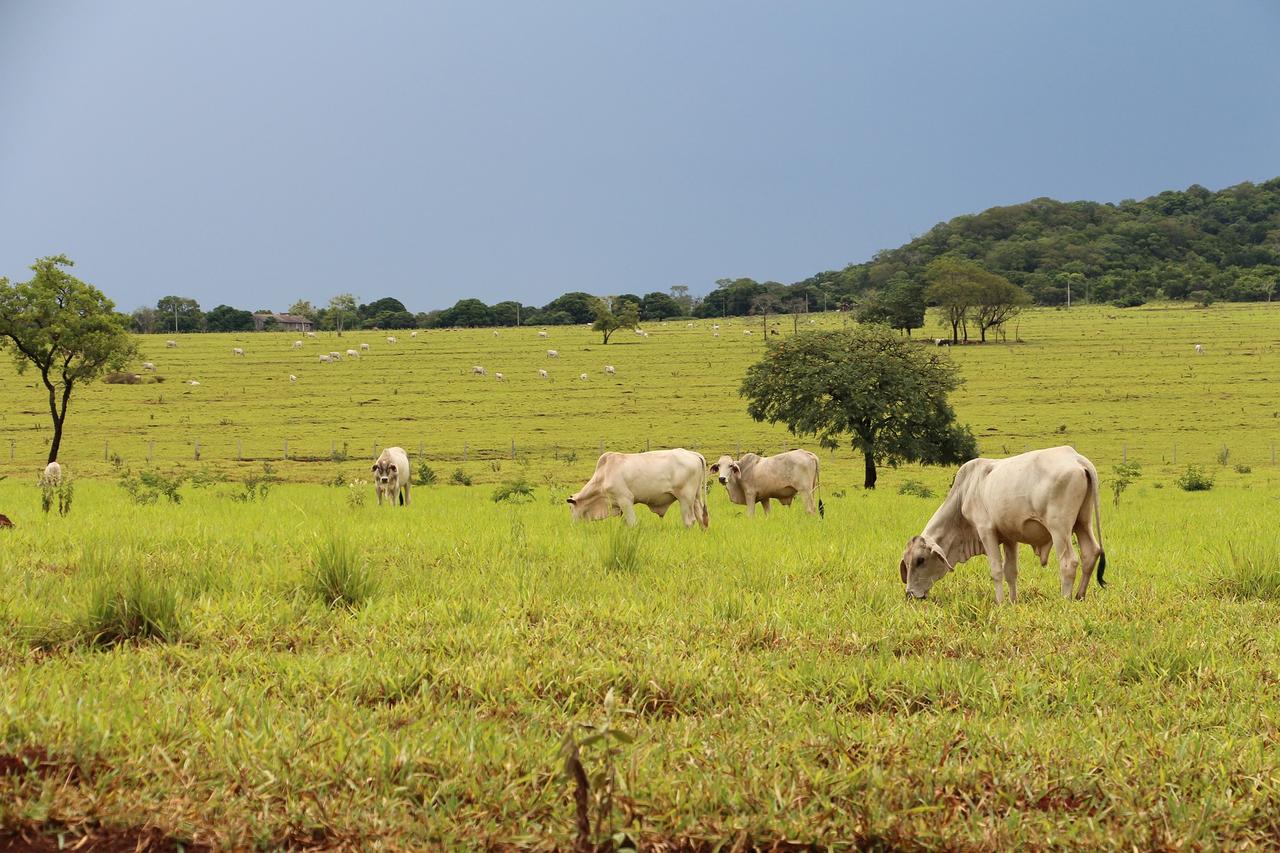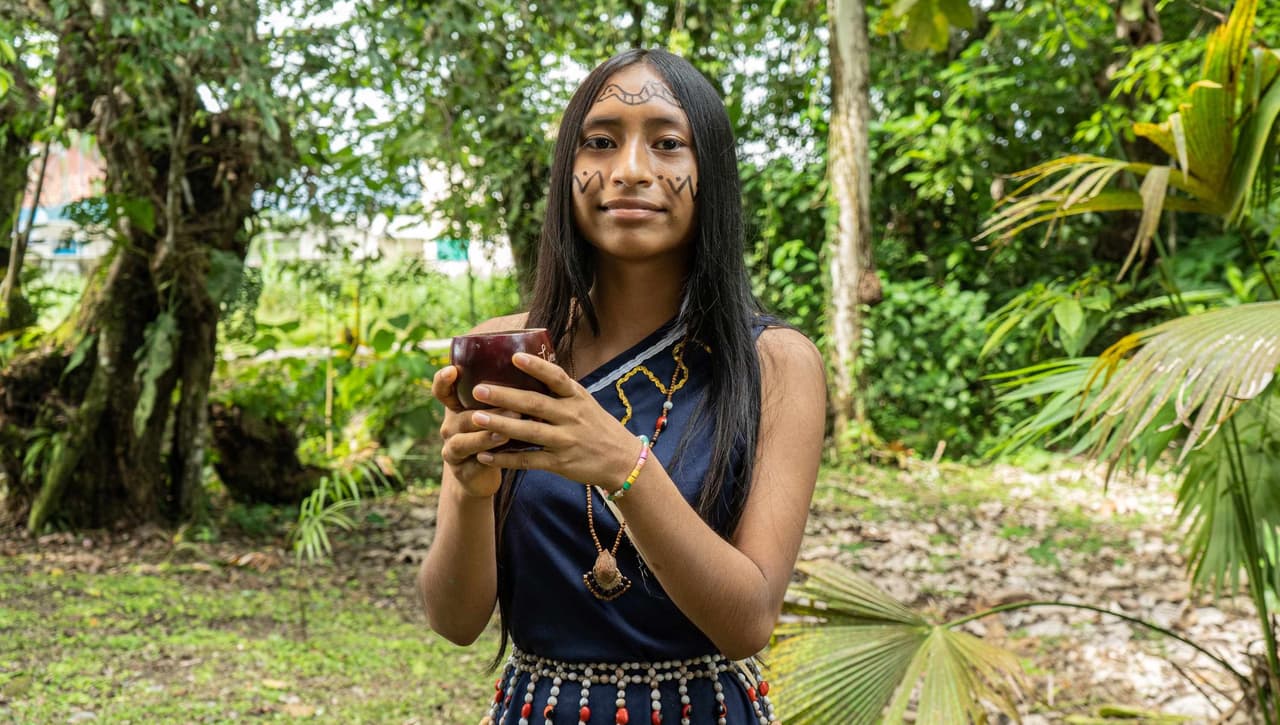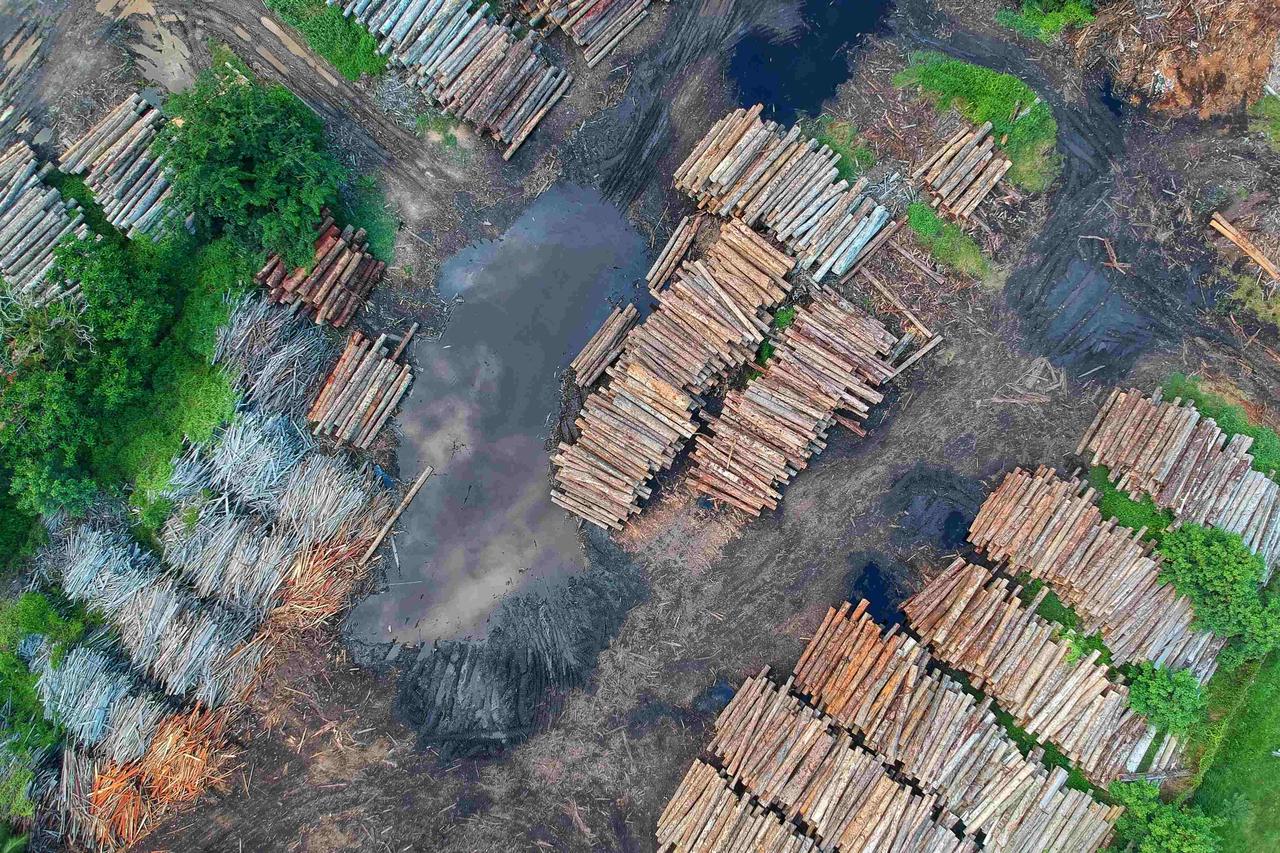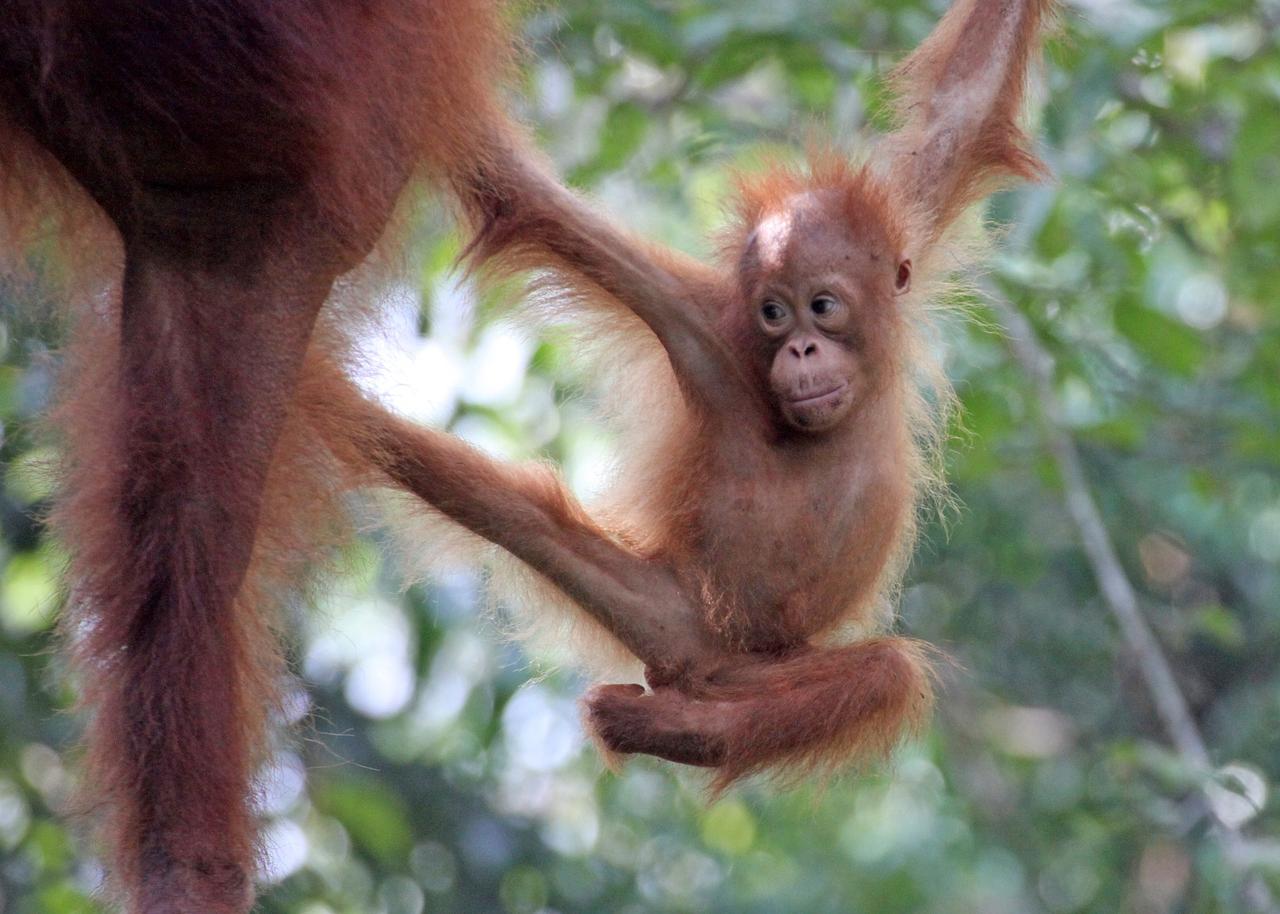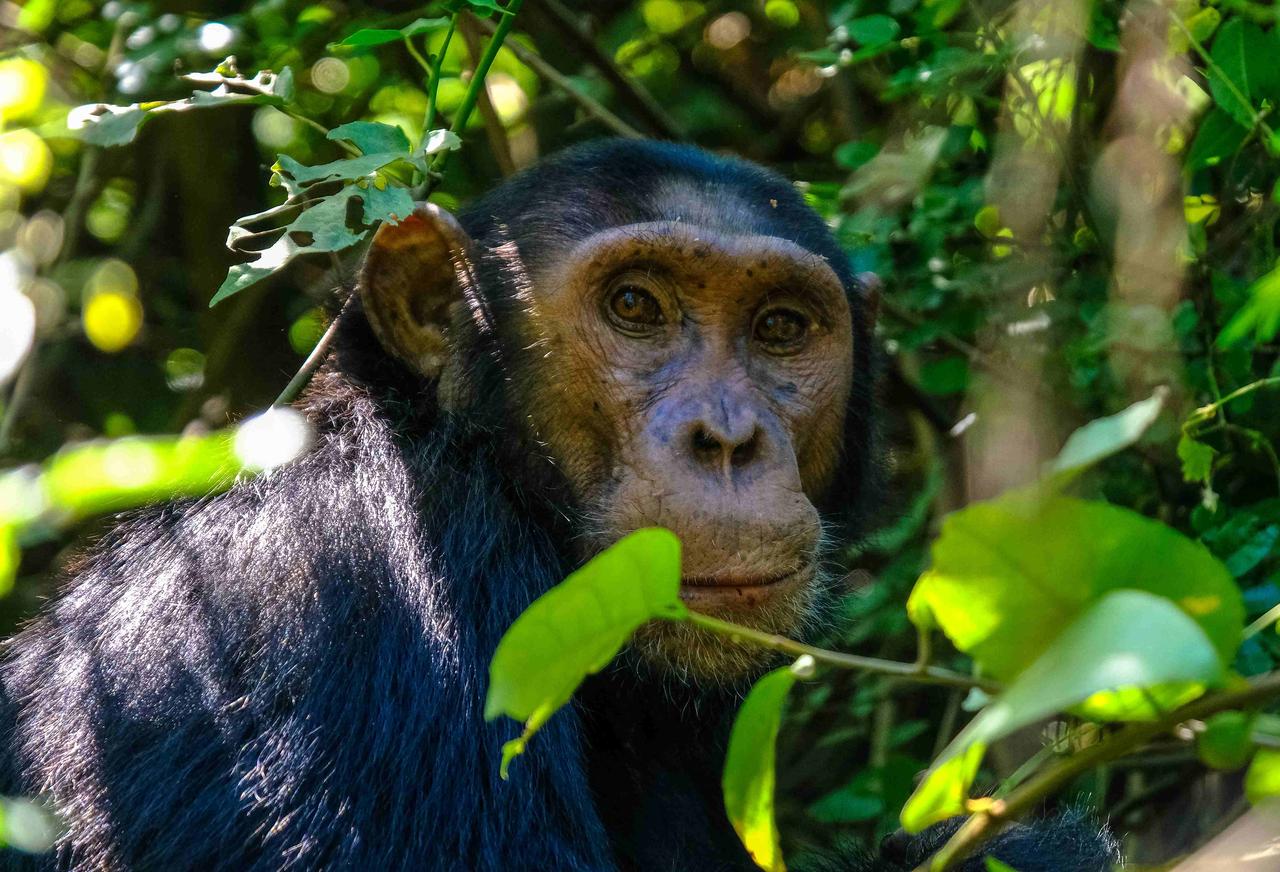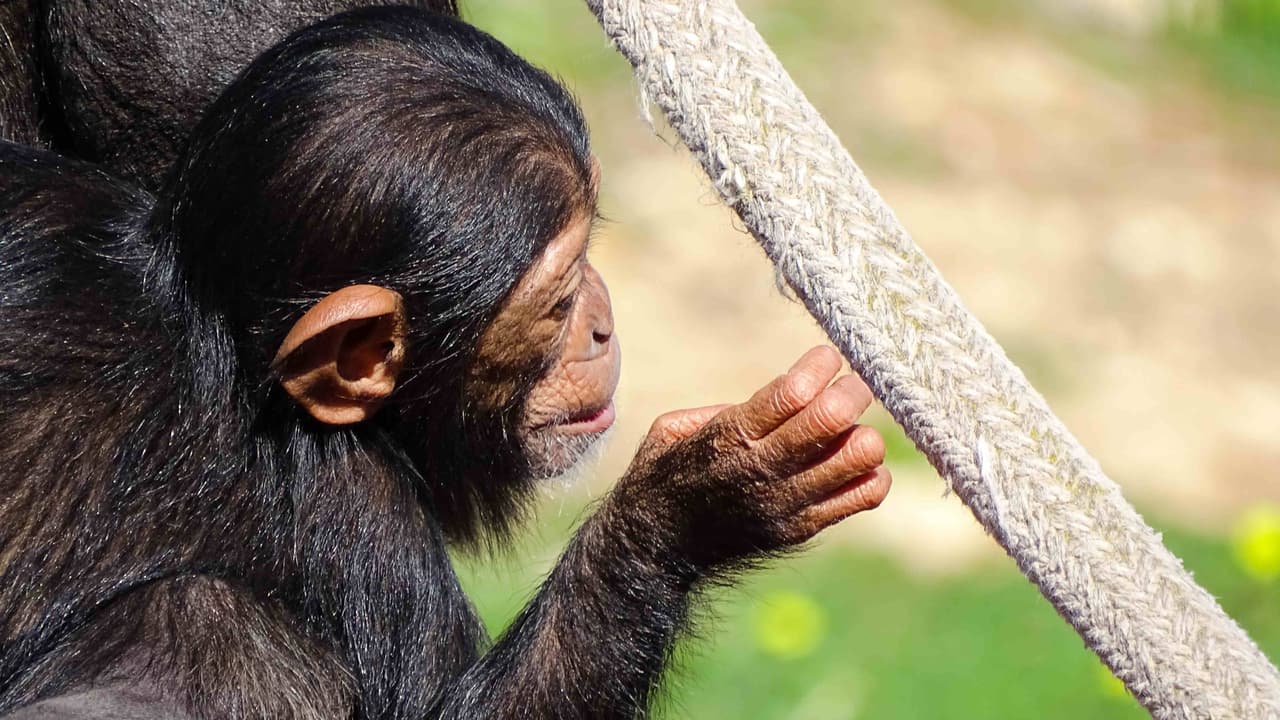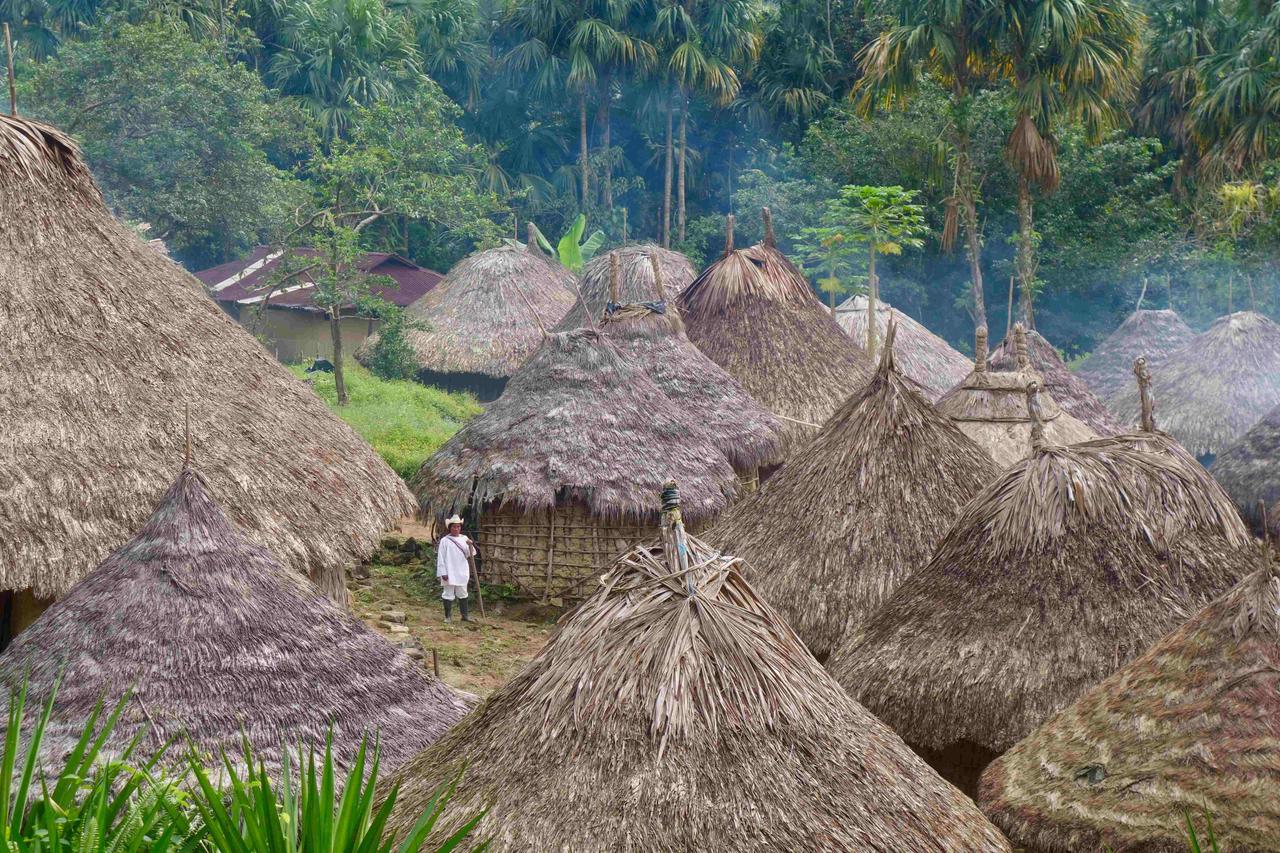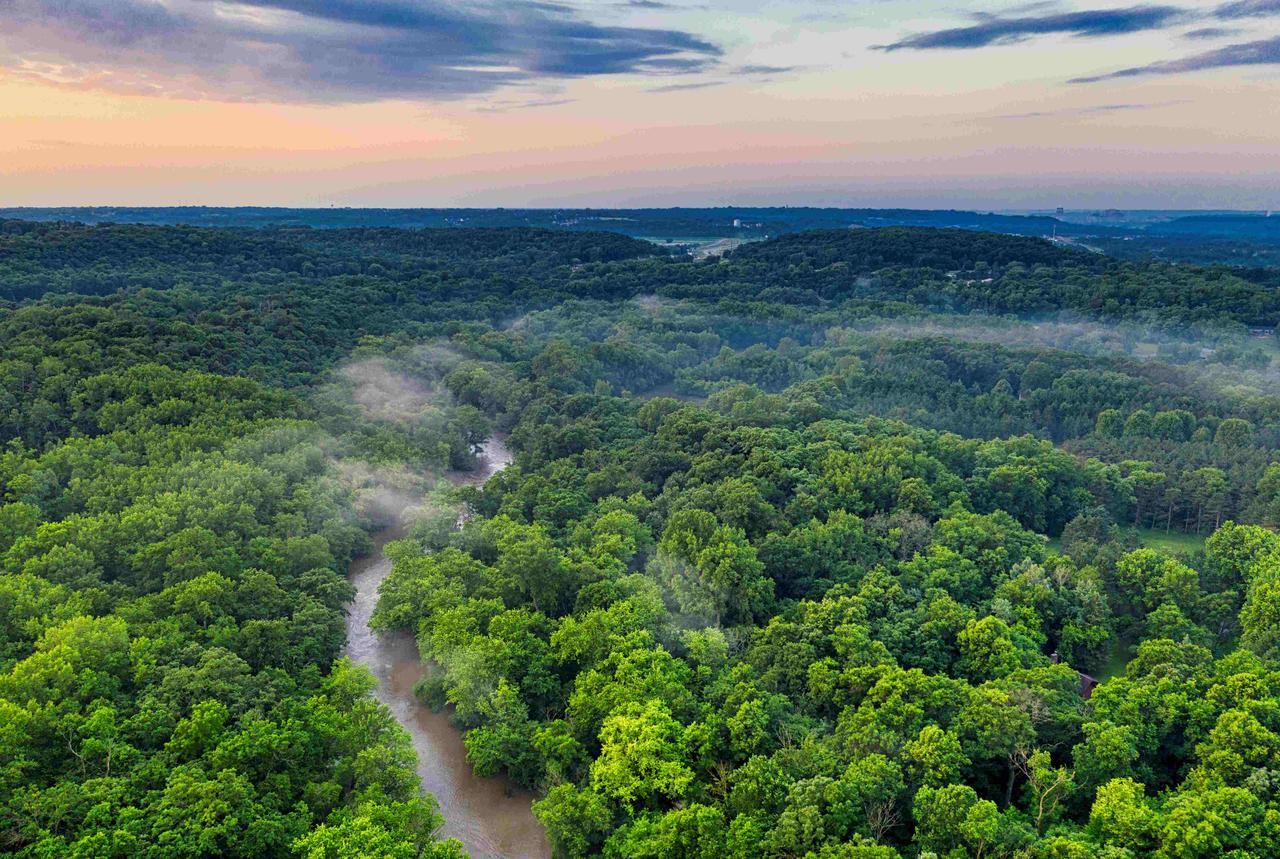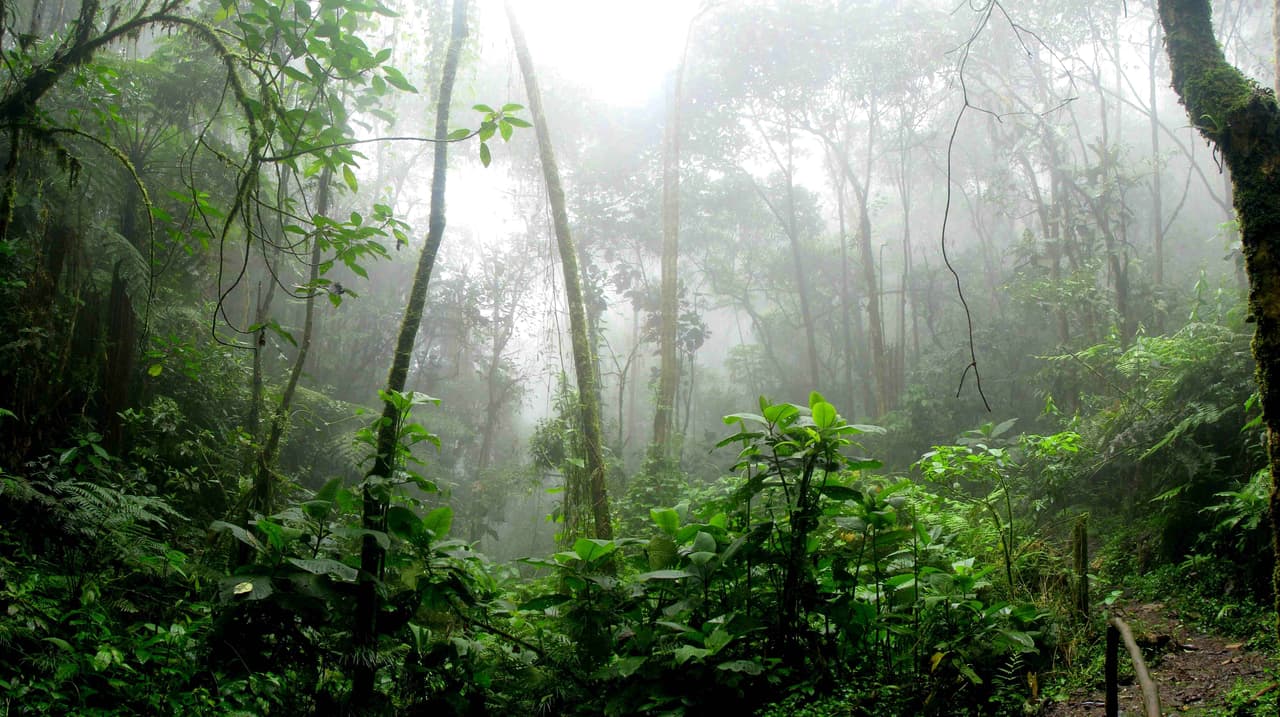
Rainforests are disappearing and they’re disappearing fast, putting stress on vulnerable populations, including orangutans. Will you help them?

While Brazil and Colombia have made great strides to curb deforestation in the Amazon, the same can’t be said for other RAINFORESTS around the world. Sadly, as the demand for resources continues to soar, we are cutting down one football field of forest every second.
By some estimates, rainforests could disappear in 75 years, and many species may face extinction much sooner, such as orangutans, which could go extinct in less than 50 years.
What are the big three threats against orangutans this Earth Week?
- Habitat loss — Once roaming across vast expanses, orangutans now find themselves confined to the islands of Borneo and Sumatra. The exponential growth of Indonesia's population has intensified the pressure on orangutan habitats, as human settlements encroach further into their rainforests.
- Palm oil — This resource, which can be found in shampoo, toothpaste, and detergent, is the leading cause of orangutan decline. Every year, 1,000 to 5,000 orangutans are killed during palm oil concessions.
- Illegal wildlife trade — 100 baby orangutans are stolen from the wild every year. To do so, poachers kill the mother and take the baby. For every baby that reaches the illegal market, it’s estimated four to five orangutans die trying to protect it.
- Climate change — Climate change exacerbates the challenges already faced by orangutans. Rising temperatures, altered rainfall patterns, and more frequent extreme weather events disrupt their habitats and food sources.
As we celebrate Earth Day, we must also embrace our responsibility to protect and preserve our planet’s last remaining RAINFORESTS.
How can you make a difference?
Setting up a monthly donation to a leading conservation organization is a simple yet powerful way to make a real difference in the fight to protect orangutans and their rainforest habitats. By making a recurring donation, you provide sustained support that enables these organizations to carry out their critical work on the ground.

